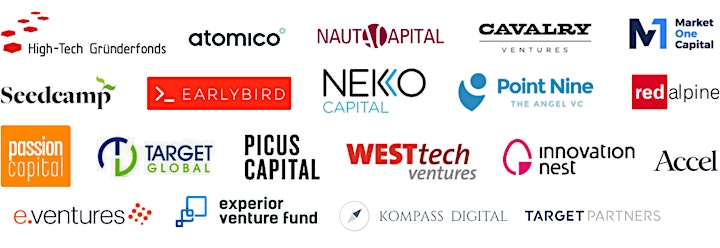EU-Startups Summit 2021
April 28, 2021 @ 9h45 - April 30, 2021 @ 17h00

The EU-Startups Summit is the annual flagship event of EU-Startups.com – the leading online publication about startups in Europe
About this Event
At this year’s EU-Startups Summit, which will happen online on April 28-30, we will showcase a selection of Europe’s hottest startups and come together to learn from some of the most successful European entrepreneurs of our time!
At the 2020/2021 edition of the EU-Startups Summit we expect over 1,500 startup founders, tech folks, corporates, business angels, media people and investors from all across Europe. The event offers great networking opportunities, educational talks, fireside chats and inspiring speakers.
The LHoFT Team will attend the event and present you the Catapult #Kickstarter programme: a Fintech Acceleration Program with 50K€ in grants. More info HERE
The EU-Startups Summit will also gather many of Europe’s leading Venture Capital investors, business angels and accelerators. As a startup, you can directly engage with them, and we are proud to have one of the best startup-investor ratios of any startup event out there. Below we’ll list some VC firms who joined us in previous editions of the event:

More information regarding the EU-Startups Summit can be found here.
In case of any questions, please feel free to directly reach out to [email protected].






